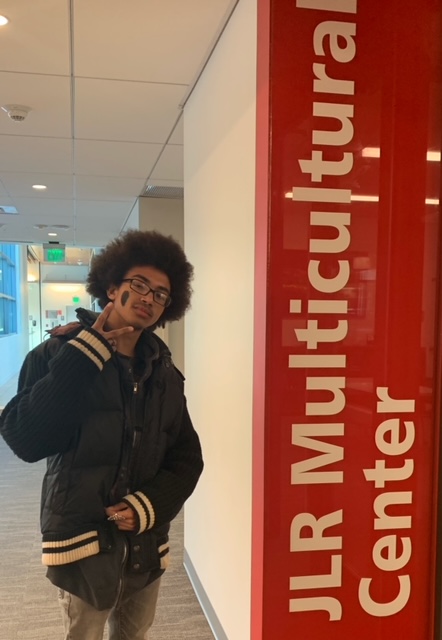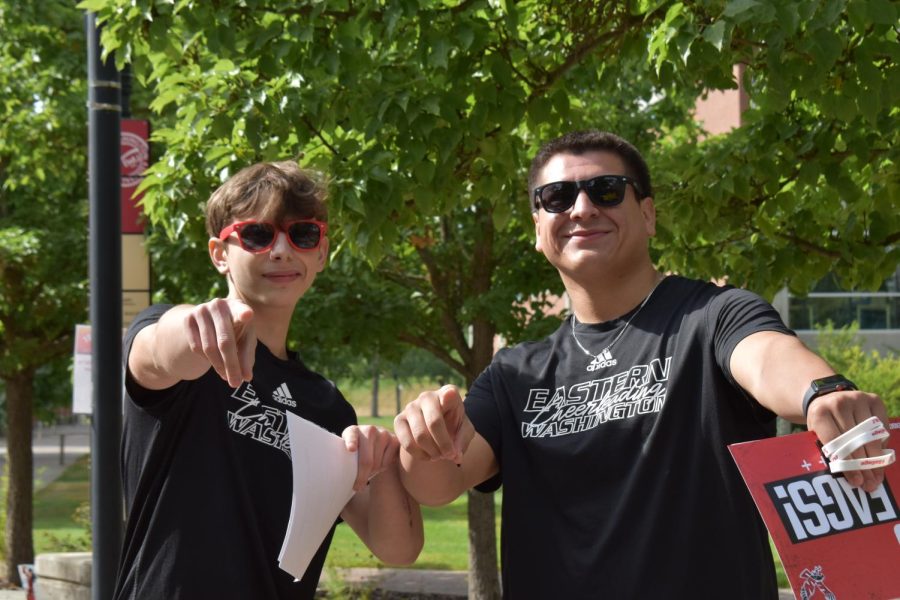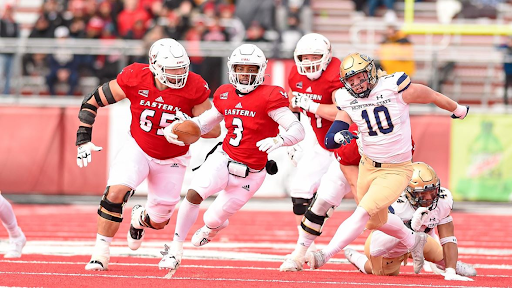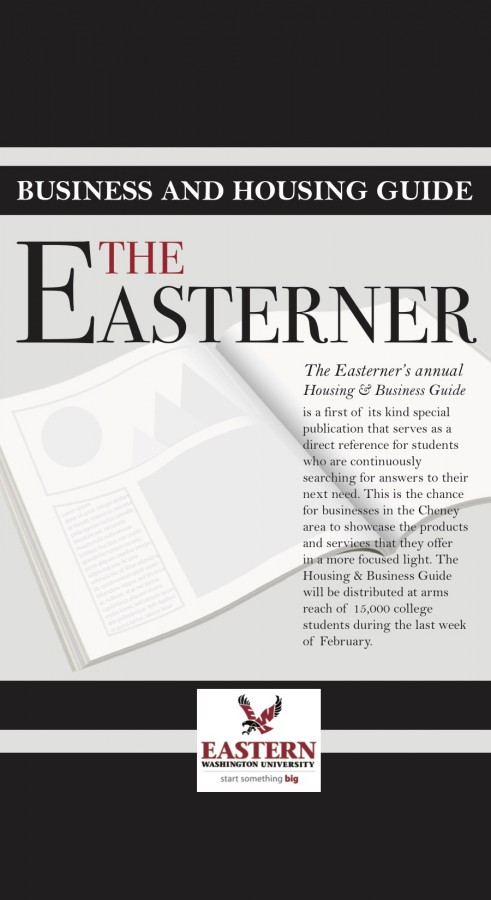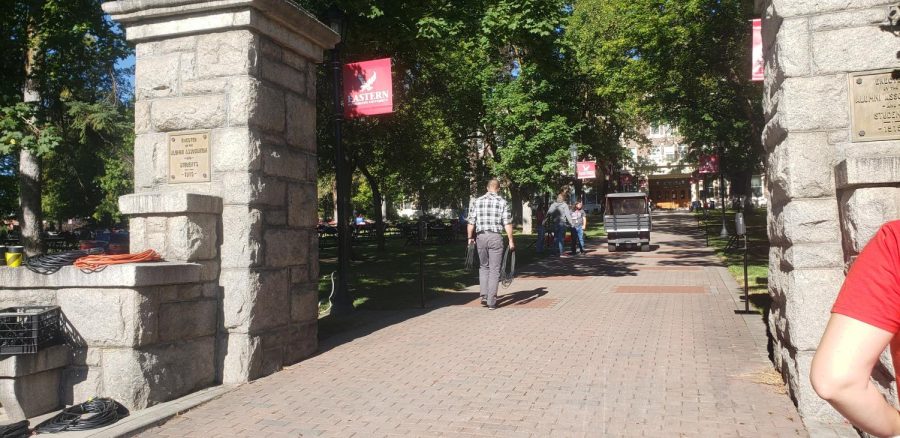easterner.opinion@gmail.com
The missteps in the media coverage of the manhunt for the Boston Marathon bombing suspects should teach us something.
Unfortunately, they will not.
They should teach journalists to not report first and ask questions later. They should teach consumers of news to demand better from the media. But these are lessons we should have learned a long time ago.
It is standard practice for news outlets to engage in rampant speculation about major events such as this before they know anything. They leap to false conclusions about motive, ethnicity and just about everything else concerning the perpetrators of violent acts. To some, it seems that the public is starting to hold them accountable for their irresponsible reporting; cable news ratings and newspaper circulation have never been lower. But these lost viewers and readers are not leaving because of the poor journalistic standards on cable news or in the paper, and they certainly are not turning to more reputable outlets. Instead, they are flocking to online-only news sources who engage in the same practices as their traditional forerunners.
But it is the professional media that needs to be leading the way towards responsible journalism. They are failing. CNN was widely mocked last Wednesday for falsely reporting that there was an arrest in the case. When it was shown that they were wrong, they said there were “conflicting reports.” How about just “false reports”? The New York Post actually put an innocent teenager’s life in jeopardy when they identified him as the suspect.
Other, more predictable, bad journalism went on as well. Before any information about the perpetrators came in, reporters were already trying to make the motive for the attacks fit their political worldview. Of course, many people leapt to the conclusion that the attackers were Muslim. While that turned out to be correct, that does not make them representative of the Islamic community as a whole.
There were also many who alluded to the idea that the bombing was the work of some kind of right-wing extremist. This is a tired trope that gets brought out in the aftermath of any attack in an attempt to paint people skeptical of the federal government as dangerous radicals. That they are wrong time and time again does not seem to prompt a change in their behavior. The lessons that should be learned here are the same lessons that should have been learned after many in the media blamed “violent rhetoric” and the Tea Party for the shooting of Gabrielle Giffords. Or they could have learned them in the wake of the Aurora, Colo., theater shooting, when Brian Ross of ABC News speculated on TV that the perpetrator was a Tea Party member.
But that same type of reporting still persists after an attack. NPR counterterrorism correspondent Dina Temple-Raston thought it necessary to say that “April is a big month for anti-government, right-wing folks,” citing the anniverseries of the Oklahoma City bombing, the assault by federal agents on the Branch Davidian compound in Waco, Texas and the Columbine High School shooting and Adolf Hitler’s birthday as her examples. What she does not mention is that the Columbine shooting was perpetrated by two nihilistic teenagers who had no connection to any right-wing groups. Also, Nazism, while in a historical context considered a right-wing ideology, is not exactly consistent with the small government views espoused by today’s American “right-wing extremists.”
After all of this is said and done, do not expect any apologies from the media, either for falsely reporting arrests or suspect’s names or for falsely connecting the attacks to their political enemies. Even if they do apologize, it is meaningless unless they stop doing it. If only willfully perpetuating falsehoods carried as big of a penalty for news organizations as not being the first one to get to a story.





